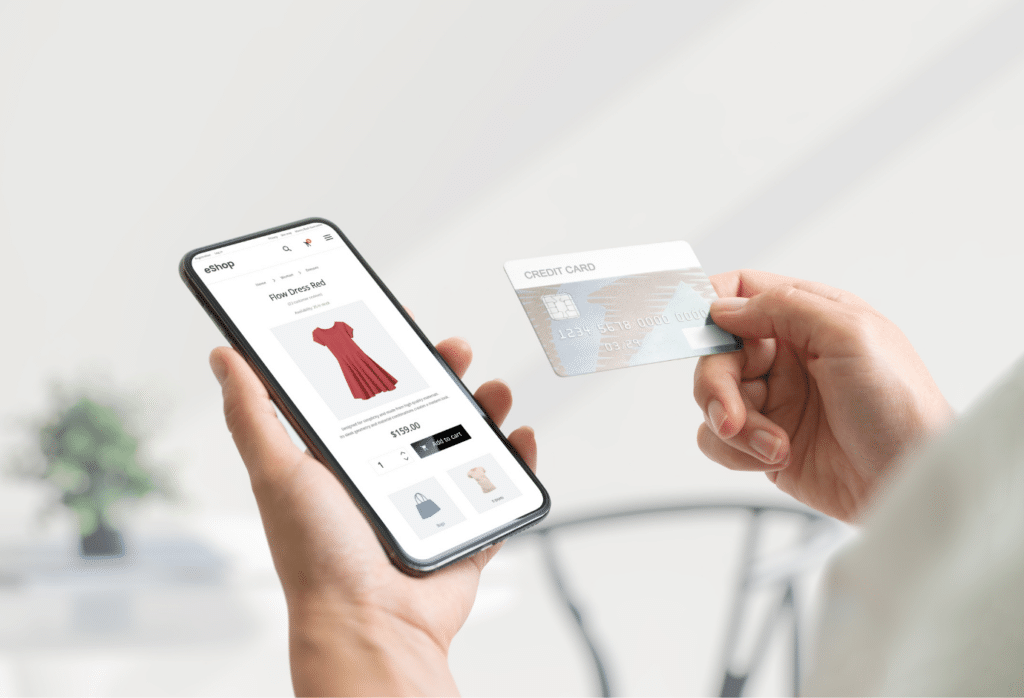If you’re like most Australian women who spent some time online shopping over the past month, the activity may have impacted your self-esteem and body image — and not in a good way.
Earlier this year, a study by researchers from Edith Cowan University in Perth found a correlation between the number of hours women spend browsing for clothes and the quality they rated their self-esteem and body image.
The study comprised of two parts — the first involved a survey of almost 400 women between 18-70. It found that the more time women spent looking for clothes online, the worse they felt about their bodies and the more they compared their body with others.
Women browsing online for clothing for extended periods (the study found the average was roughly 90–100 min per week) were also found to exhibit higher body surveillance, where they monitor their own body against other people’s.
Browsing one category of apparel appeared to be especially detrimental to women’s self-esteem — activewear.
“Weekly activewear browse time was positively correlated with appearance comparison tendencies, desires to be muscular/athletic and body shame,” the researchers explained in their paper.
“Correlational and experimental research points to fitspiration-related media content as contributing to negative affect and lower body satisfaction among women.”
The second part of the study involved more than 120 women who were assigned 15 minutes of browsing time to one of three online shopping websites — a housewares site, casual-wear site or an activewear site.
The housewares website featured images of furniture and home décor, and few images of female models. The casual-wear website featured models from the waist up in long-sleeved shirts and jackets.
The activewear website featured models with more bare skin, striking poses that were more sexualised, and lifting parts of their shirts to show their toned abdomens.
The surveyed women completed a mood measure before and after browsing their assigned website to record their self-esteem and body satisfaction.
The women who browsed the activewear website recorded lower body satisfaction and self-esteem compared to the women who browsed the two other websites.
“Self-reported body image and implicit self-esteem were adversely influenced by exposure to the activewear website,” the researchers wrote.
“These findings are consistent with the broader literature on the negative effects of exposure to fitspiration imagery on women’s wellbeing.”


